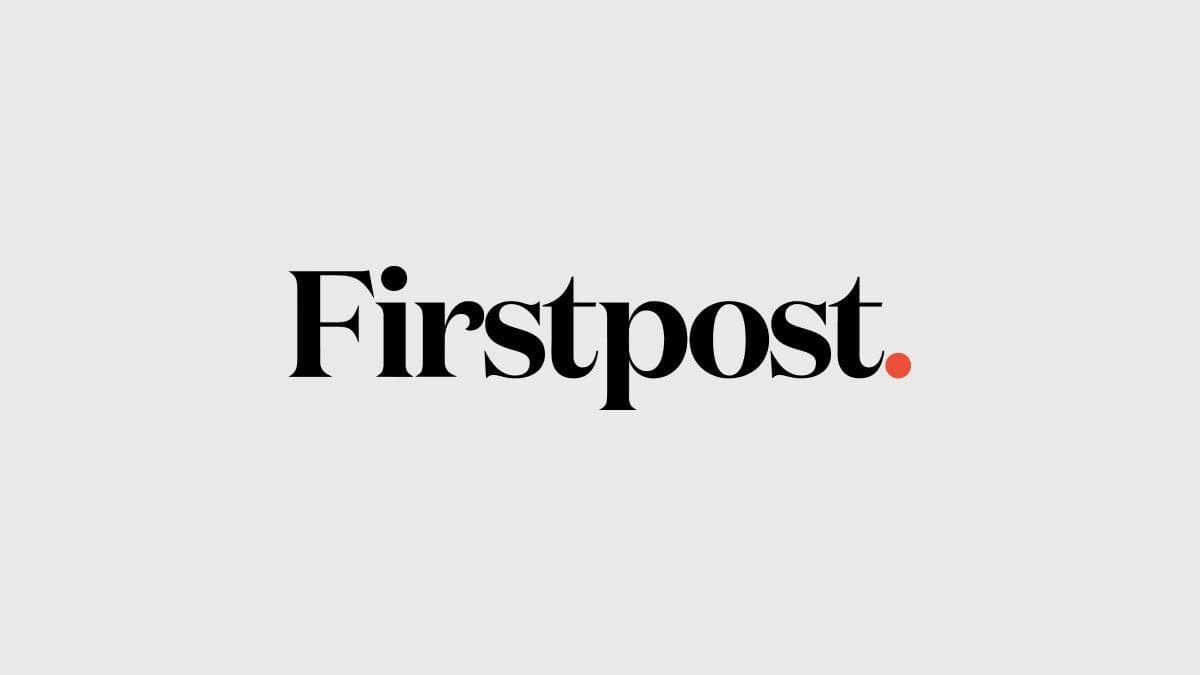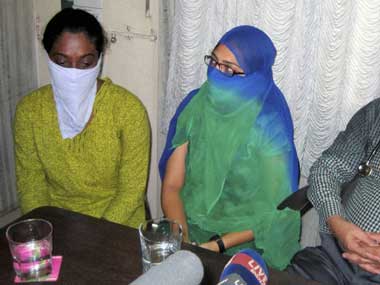New York: Telecommunications Minister Kapil Sibal may be wringing his hands now and saying he was “deeply saddened” by the arrests of 21-year-old medical student Shaheen Dhada and her friend Renu Srinivasan over a harmless comment on Facebook. But widespread anger in India will have that sort of impact on a savvy politician. Sibal has asked his ministry to gather information regarding cases in which Section 66A of the Information and Technology Act has been applied. But it will probably take ages for Parliament to wake up to the dangers of the Information Technology Act and bring in much-needed changes to it. The fact remains that the arrests were a clear abuse of authority and in recent months Indian police have acted against several people for their posts on Facebook or Twitter. The world is watching India throwing its liberal democratic credentials out of the window. “In India, the world’s largest democracy, civil rights are running up against the world of social media,” noted Time magazine. [caption id=“attachment_531247” align=“alignleft” width=“380”]  Medical student Shaheen Dhada and her friend Renu Srinivasan were arrested over a harmless comment on Facebook. PTI[/caption] “The arrests reflect the wider wariness with which Indian authorities look at social media, even at the cost of curbing freedom of expression,” it added after the shameful Facebook arrests. When India engaged in a full-on crackdown on Tibetan protestors during Chinese president Hu Jintao’s visit to New Delhi in March, Forbes magazine noted acidly that “it was a considerably poorer and weaker India” that challenged China in the name of liberal democratic values. It pointed out that India granted asylum to the Dalai Lama in 1959 despite Zhou Enlai’s threats, and Beijing’s persistent demand that Tibetans be banned from protesting against China elicited a brief answer from India’s foreign office: “There is by law and Constitution complete freedom of expression of opinion in Parliament and the press and elsewhere in India”. “This unyielding resolve to uphold rights will seem almost foreign to anyone acquainted with the state of free expression in today’s India. Only last year, India imposed cuts on a Bollywood movie that displayed a stray “Free Tibet” flag for a fleeting moment,” said Forbes. In recent months, police have arrested a number of people in cases which seriously test India’s wavering commitment to freedom of speech. In October, Ravi Srinivasan, a 46-year-old businessman in Pondicherry, was arrested for a tweet criticising Karti Chidambaram, son of Finance Minister P Chidambaram. He was later released on bail. In September, cartoonist Aseem Trivedi was jailed in Mumbai on charges of sedition for his anti-corruption drawings. The charges were later dropped. In April, the West Bengal government arrested a teacher who had emailed to friends a cartoon that panned Chief Minister Mamata Banerjee. He too was later released on bail. True, government officials and police around the world use social media networks to nab people for unlawful behaviour. There are cases when real criminals get taken down, such as when the New York City police were able to arrest gang members on charges of murder because of their bragging on Facebook. But India seems to be policing the Internet for all the sad and wrong reasons.
The world is watching India throwing its liberal democratic credentials out of the window. “In India, the world’s largest democracy, civil rights are running up against the world of social media,” noted Time magazine.
Advertisement
End of Article


)

)
)
)
)
)
)
)
)



